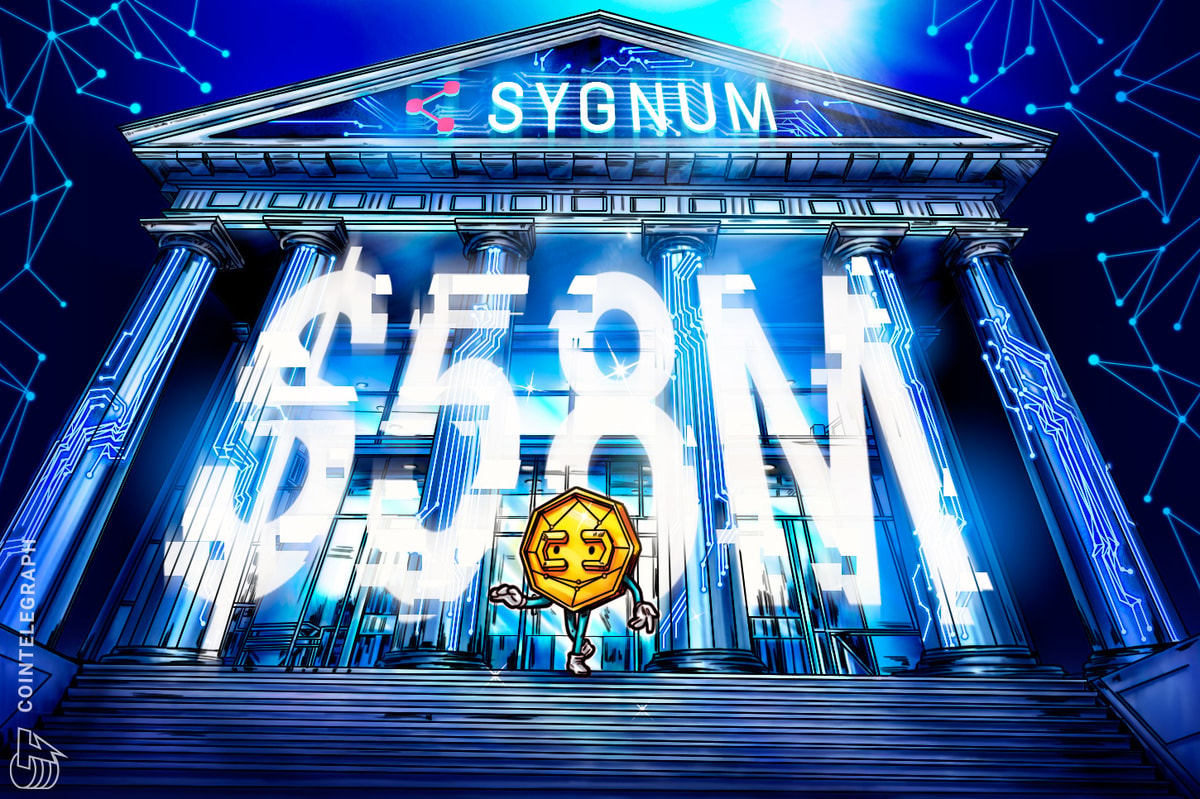
Bitcoin Core contributor Jonas Schnelli was recently featured in a panel discussion about improvements to Bitcoin at the 2016 MIT Bitcoin Expo. During the Q&A; portion of the panel, an audience member asked the participants about the previous presentation by the World Bitcoin Network’s James D’Angelo in which he articulated the idea of replacing miners with elected officials.
In general, the panel, which also featured Blockstream core tech engineer Mark Friedenbach, Blockstream mathematician Andrew Poelstra and Lightning Network co-creator Joseph Poon, had a negative reaction to the concept of using democracy to handle changes to Bitcoin’s consensus rules. Schnelli used his experience with direct democracy in Switzerland to make his points.
Voting Requires an Informed Public
Although Schnelli has a positive take on Switzerland’s use of direct democracy, he does not view the system as a useful option for Bitcoin. In his view, the intricate, technical details of Bitcoin make direct democracy a poor choice for governance. Schnelli explained:
“Voting or democracy is good, but I live in Switzerland ‒ one of the only countries where we have direct democracy ‒ and with democracy you need to understand the topic you’re going to vote about. Who is able to vote about Bitcoin technical topics? Even the miners ‒ they don’t really get the technical essence of the problem.”
Indeed, many representatives of Bitcoin’s network hashrate have decided to default to Bitcoin Core on development issues. Although there is widespread support for a 2-megabyte block size limit among Chinese exchanges and mining pools, those companies are, as of now, willing to accept that change only if it comes from Bitcoin Core.
On the topic of voting on changes to the Bitcoin protocol, Schnelli added:
“Voting means you really need to fully understand what you’re going to vote about. As soon as you say everybody needs to vote ‒ everybody needs to study the problem for a couple of days ‒ is it realistic? Who is able to judge?”
Lobbying and Propaganda Come with Voting
Schnelli also is uncomfortable with bringing some of the negative aspects of politics into development decisions related to Bitcoin. He noted:
“With voting comes also, kind of, lobbying ‒ people and companies collecting money to influence people. I see that back in Switzerland where we vote about law changes, not the president. It’s all about money and propaganda.”
Trace Mayer, a longtime investor in Bitcoin and Bitcoin-centric companies, recently shared similar thoughts on who should be making decisions related to the protocol. In his view, there is no competition for the experienced contributors to Bitcoin Core. Mayer also has stated that Bitcoin is a meritocracy, which is a form of governance where power is awarded to individuals based on their abilities.
Proponents of a more democratic approach to Bitcoin governance, such as Coinbase CEO Brian Armstrong and Bitcoin Classic developer Gavin Andresen, say their vision of Bitcoin governance would allow the protocol to evolve and adapt more efficiently over time.
Bitcoin Is a Technical Topic
Schnelli summed up his thoughts on democracy for Bitcoin governance during his final comments in regard to the audience member’s question. He stated:
“I mean, I like [the direct democracy in Switzerland], but it’s this political thing; it’s not technical stuff. It’s something everybody can talk about. But can the people in Bitcoin talk about what they really want?”
Kyle Torpey is a freelance journalist who has been following Bitcoin since 2011. His work has been featured on VICE Motherboard, Business Insider, NASDAQ, RT’s Keiser Report and many other media outlets. You can follow @kyletorpey on Twitter.










